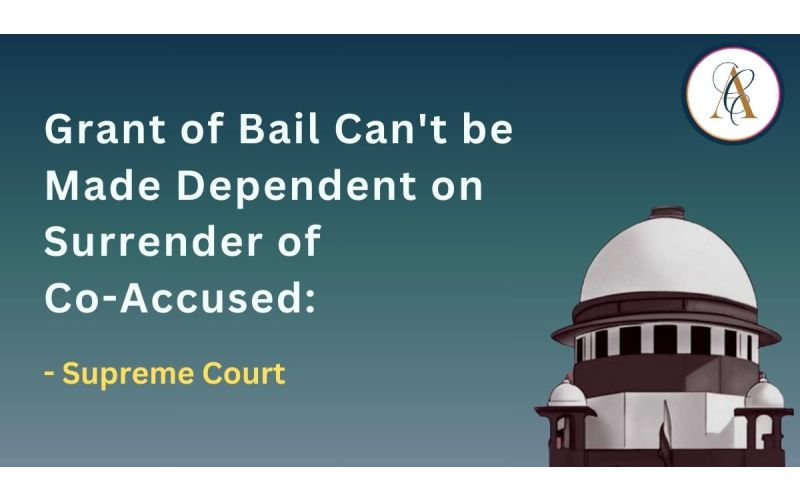Estate Planning and Succession Laws for NRIs: A Comprehensiv

Estate Planning and Succession Laws for NRIs: A Comprehensive Guide
Estate Planning and Succession Laws for NRIs: A Comprehensive Guide
Estate planning is not just a necessity; it's a critical step in securing your family’s future, ensuring the seamless transfer of assets, and minimizing legal complications. For Non-Resident Indians (NRIs), navigating estate planning and succession laws can be particularly challenging due to cross-border complexities, differences in legal frameworks, and tax implications. This article explores the essential aspects of estate planning and succession laws that NRIs should consider to protect their wealth and ensure a smooth succession process.
Why Estate Planning is Important for NRIs
For NRIs, estate planning is vital due to the complexities arising from owning assets across multiple jurisdictions. Without a clear estate plan, families may face:
- Legal Disputes: Unclear succession plans can lead to conflicts among heirs.
- Tax Implications: Cross-border tax issues can erode the value of your estate.
- Jurisdictional Conflicts: Differences in inheritance laws between countries can complicate asset distribution.
- Delayed Asset Transfer: Legal proceedings can become prolonged without proper documentation.
Key Considerations in Estate Planning for NRIs
-
Identifying Assets Across Jurisdictions
NRIs often own assets in both India and their country of residence. These may include real estate, bank accounts, investments, and business interests. Proper documentation of these assets is the foundation of effective estate planning. -
Creating a Will
- India: Under Indian law, a registered will ensures that your assets are distributed according to your wishes. The Indian Succession Act, 1925, governs the process for most religions, except for Muslims, who are governed by personal laws.
- Overseas: Ensure your will complies with the inheritance laws of the country where your overseas assets are located.
-
Setting Up a Trust
A trust can be an effective tool for NRIs to manage and distribute wealth. Trusts offer benefits like avoiding probate, reducing tax liabilities, and providing financial security for dependents. -
Nominating Beneficiaries
Assign nominees for bank accounts, investments, and insurance policies. In India, nominees are considered custodians, and the legal heir has the final right. This differs in other countries where nominees may inherit directly. -
Tax Planning
NRIs must consider the tax implications of estate transfers in both India and their country of residence. Key aspects include:- Inheritance Tax: While India does not have inheritance tax, countries like the USA and UK impose estate or inheritance taxes.
- Capital Gains Tax: NRIs selling inherited property in India are subject to capital gains tax.
Succession Laws Applicable to NRIs
-
Indian Succession Laws
Succession in India is governed by personal laws based on religion:- Hindus, Sikhs, Jains, and Buddhists: Governed by the Hindu Succession Act, 1956.
- Muslims: Governed by Sharia law, with specific shares for heirs.
- Christians and Parsis: Governed by the Indian Succession Act, 1925.
-
Foreign Inheritance Laws
Countries may have forced heirship rules or community property laws, which dictate how assets are distributed. Understanding these laws is crucial for seamless estate transfer. -
Probate Requirements
In India, a will may require probate in certain states, like Maharashtra, West Bengal, and Tamil Nadu. Overseas, probate rules vary, and legal representation may be required.
Challenges in Succession for NRIs
- Multiple Legal Systems: Dealing with differing legal systems across countries can lead to delays and conflicts.
- Unclear Wills: Ambiguity in wills can result in disputes among heirs.
- Tax Liabilities: Failure to account for tax implications can lead to financial burdens for beneficiaries.
- Litigation: Disputes over property ownership, especially in India, can prolong the succession process.
Steps for Effective Estate Planning
-
Engage a Legal Expert
Consult legal professionals well-versed in Indian and international succession laws to draft wills, trusts, and other documents. -
Update Estate Plans Regularly
Update your estate plan to reflect changes in family structure, assets, and laws. -
Obtain Legal Documents
Ensure all documents, such as property deeds, insurance policies, and bank statements, are in order. -
Communicate with Family
Clearly communicate your estate plan to your family to avoid misunderstandings.
Conclusion
Estate planning and succession laws for NRIs require careful navigation through legal and financial intricacies. With assets spread across borders, it’s essential to have a robust estate plan in place that complies with the legal frameworks of multiple jurisdictions. By seeking professional advice and staying proactive, NRIs can ensure their legacy is preserved, and their loved ones are protected from unnecessary legal and financial complications.
Effective estate planning is not just a legal necessity—it’s a testament to the care and foresight you have for your family’s future.
Post Categories
Featured Posts
Latest Posts
Latest Posts

SC Divorce Can Be Granted On Grounds Of Irretrievable Breakdown...
The Supreme Court on May held that it can use its extraordinary powers to do ldquo complete justice rdquo under Article of the Constitution and dissolve a marriage on the ground of lsquo irretrievable breakdown rsquo of the union Usually...

Grant Of Bail Can't Be Made Dependent On Surrender Of Co-Accused Supreme Court...
A Division Bench of the Supreme Court while allowing a bail plea held that the grant of bail to a co-accused person cannot be contingent on the surrender of another accused who is also pertinently the main accused in the...

Arbitration Law Needs To Tackle A Key Concern...
The arbitration law has undergone repeated amendments with only one aim mdash making India the hub of international arbitration Last month the government set up an expert panel headed by former law secretary TK Viswanathan to suggest reforms in the...

CJI Chandrachud Bats For Mediation As Dispute Resolution Mechanism For Individuals Govt...
NEW DELHI Chief Justice of India DY Chandrachud batted on Friday for adopting and encouraging mediation including online mediation as a mode of dispute resolution other than litigation saying it would reduce the courts rsquo caseload and has the potential...

UPSC CSE No Interim Relief Delhi High Court Asks CAT To Expeditiously Decide On...
The Delhi High Court on Wednesday asked the Central Administrative Tribunal to decide expeditiously the Plea nbsp seeking reduction in the cut off from to for qualifying Part II CSAT exam of Civil Services Examination conducted by UPSC...

Supreme Court Seeks Union's Stand Regarding Cryptocurrency...
The Centre has told the Supreme Court it is yet to take a decision on a mechanism to regulate cryptocurrencies and effectively investigate related offences A bench of justices Surya Kant and KV Viswanathan was told by Additional Solicitor General...

Speak With Our
Get a Appointment
















